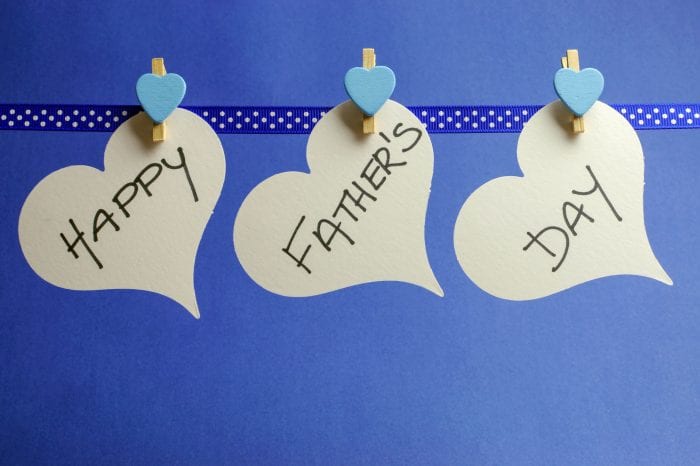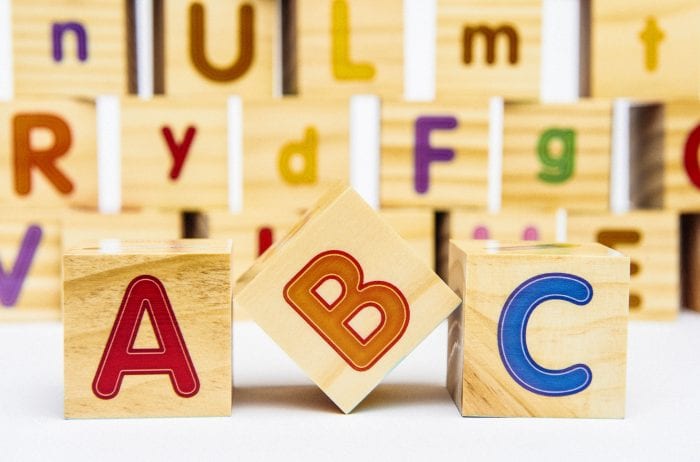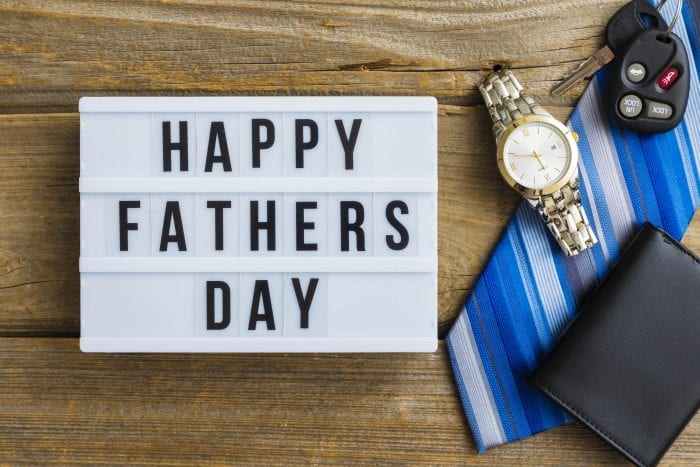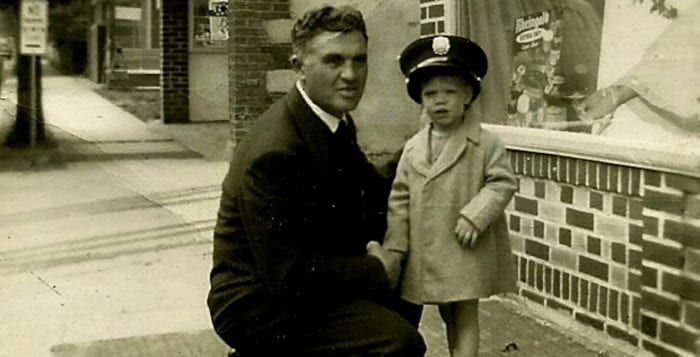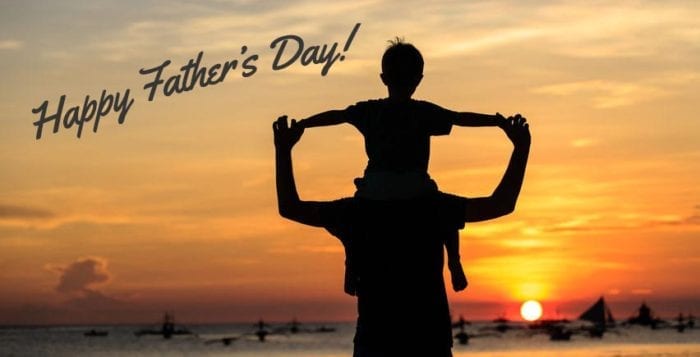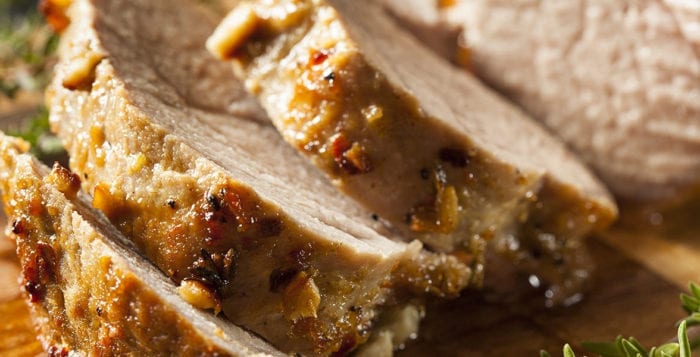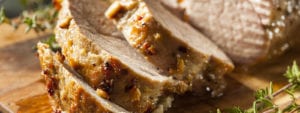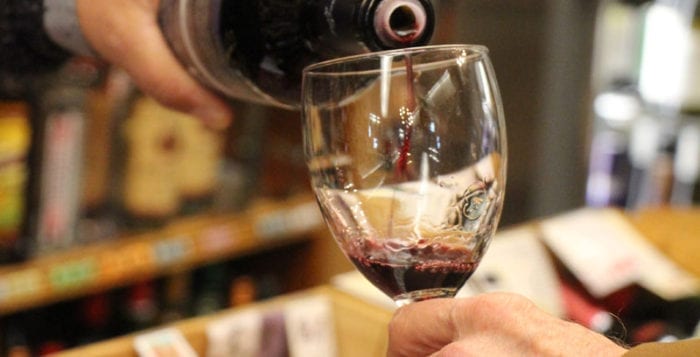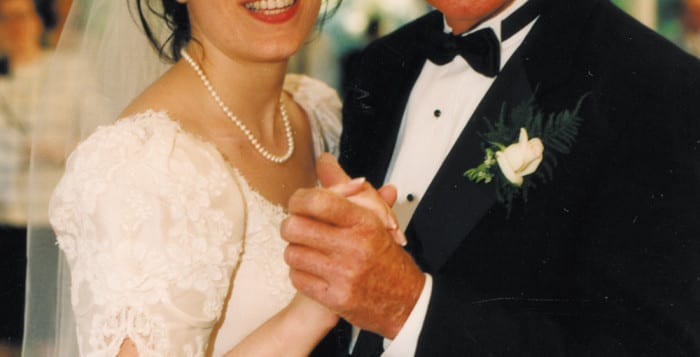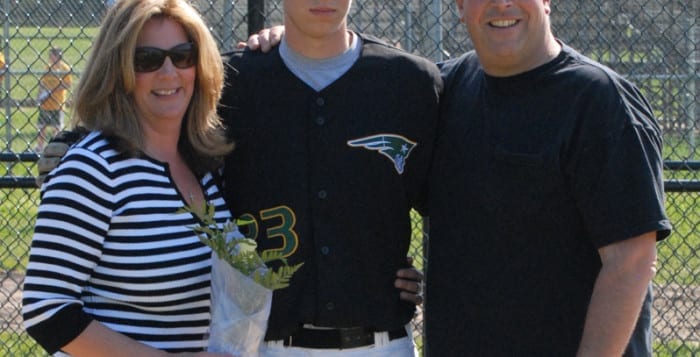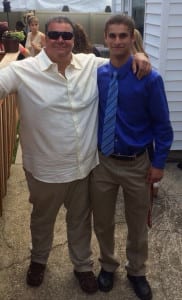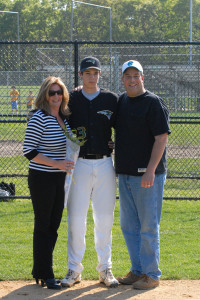TBR News Media editorial staff share memories of their dads and other special people for Father’s Day.
Rita Egan — Editor
As someone whose parents separated when she was 9 years old and moved in with her grandparents, I’m an example of a village raising a child. From an early age, I realized that relatives and even friends’ parents can play a role in a young person’s life.
I was fortunate that my new friends and their parents made my transition to life in Smithtown an easier one. There were the Irvolinos, the D’Agostinos, Mrs. Naseem, and later in high school, the Juans, the DeNobregas and the Castros who always made me feel welcome in their homes, even at family gatherings. I frequently was in the Irvolinos’ pool and on their boat. The D’Agostinos introduced me to the beauty of Head of the River and would take me with the family to the Jersey Shore. And of course, there were the rides many parents gave me when it was too dark for my grandfather to drive.
One day on Fire Island, my friend Nancy and I were knocked down by a huge wave. One second I’m hitting my head against something hard, and the next I was grabbed out of the water by Mr. Irvolino. He had me in his right hand and Nancy in his left. I will be forever grateful for my village. Happy Father’s Day to all the dads and a belated Happy Mother’s Day to all the moms, too.
Kyle Barr — Editor
When my parents call me on the weekend, we can go through the platitudes of normal life: How is your job, how’s Long Island, how’s your brother?
Dad, you can make comments about how I continue to leave my room a FEMA-designated disaster area. You can talk about my habits of leaving my clothing in the laundry bin after washing them instead of putting it in drawers.
Then we can get into the heavier stuff of national politics and local happenings. We can talk about the issues, and I can get angry and you can deflect. And I can’t seem to stop and ask you how you’re really doing.
You moved away, and I hope you’re doing OK. I hope the pandemic and quarantine has not made you so reclusive you can’t talk to anybody except mom’s parents. I hope the days you spend in retirement allow you to explore things you haven’t necessarily had the opportunity to.
I can ask only so much of you. I can ask you to be patient until I find time to see you. Until then, I can enjoy those platitudes and our conversations.
David Luces — Reporter
When it comes to Father’s Day, I immediately think of my uncle and my late grandpa, two men I’ve been lucky to have in my life. As a young kid, they were a constant fixture, always there to lend me encouragement and support. Whether it was a Little League baseball game or a band recital, they were there. Sometimes, it would just be us slouched on the couch spending hours watching a Knicks game or WWE professional wrestling. My younger self didn’t know any better, but now looking back I think the one thing I take away from those experiences is to be present and to enjoy those moments with the people you love.
My grandpa passed away before he could see me graduate high school and college, though I know he would be proud of my accomplishments and the person I’ve become. My uncle and family have played a big part in that.
So when I think of this Father’s Day, I think of spending time with my uncle, maybe having a couple of beers and reminiscing of past times with my grandpa. But most importantly, we’ll be with family to make new memories together.

